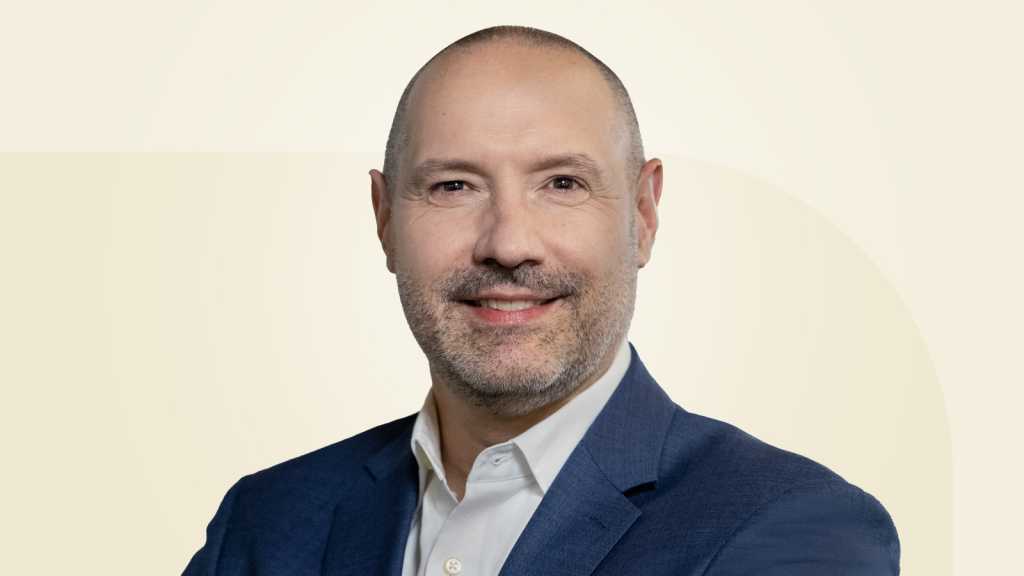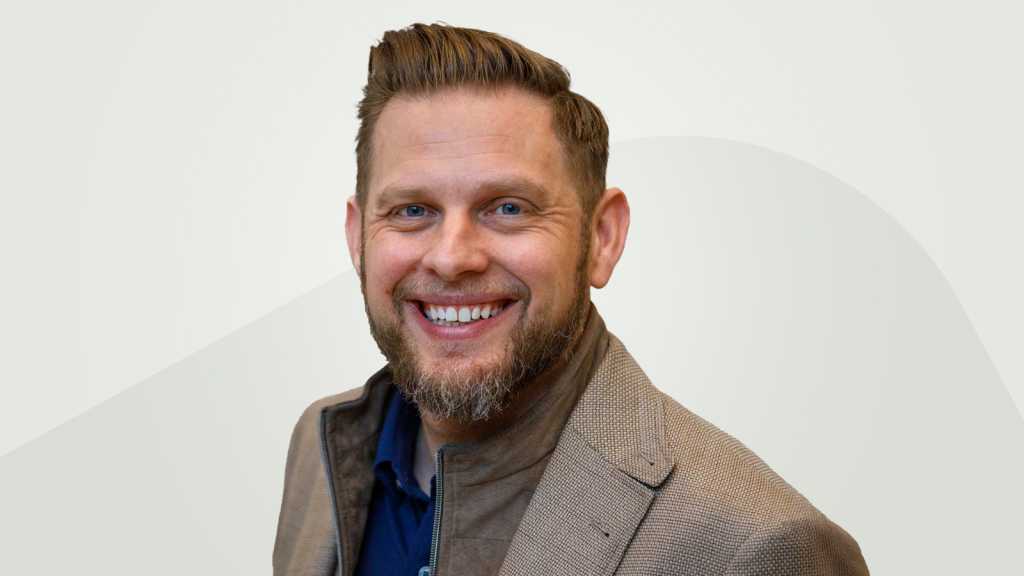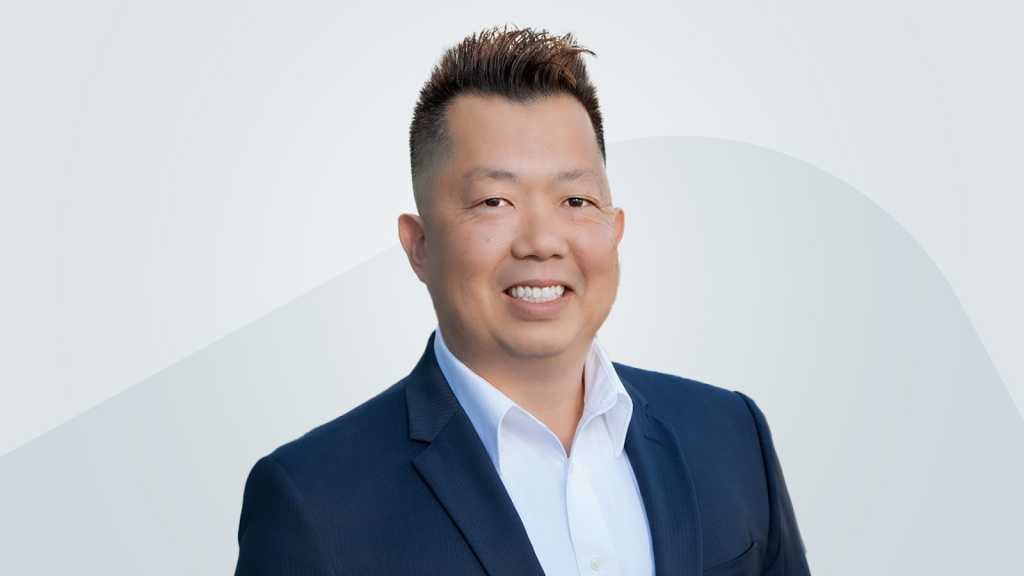- Zoom goes down across the globe - what we know about the outage so far
- Free IRS Direct File service for taxpayers to end, according to reports
- Why the CVE database for tracking security flaws nearly went dark - and what happens next
- Developers Beware: Slopsquatting & Vibe Coding Can Increase Risk of AI-Powered Attacks
- Intel sells off majority stake in its FPGA business
The ‘Great Retraining’: IT upskills for the future

Bess Healy, SVP and CIO, Synchrony
Synchrony
“Great ideas come from lots of places and listening to employees led to the pilot apprenticeship program,” she explains. “Synchrony puts a great deal of focus on having a moral responsibility to make sure our employees are prepared for the future.”
Future proofing IT
As the technology ecosystem expands, Servier Pharmaceuticals’ Yunger believes cultivating hard-to-find skill sets from within is instrumental to future-proofing the IT organization. The company, a Google Cloud Platform shop, came face-to-face with that reality when it became difficult to find specialists, shifting its emphasis to growing its own talent.

Mark Yunger, VP and head of IT, Servier Pharmaceuticals
Servier Pharmaceuticals
Yunger takes a talent lifecycle management approach that considers the firm’s three- to five-year strategy, aligns it to the requisite IT skills, and then matches the plan to individualized development and training programs. “We provide our vision of the future to our existing team and give them an opportunity to self-select into those paths to meet our future needs,” he explains. “The better our long-term vision, the more time we have to give our team the chance to learn and grow.”
The University of California, Riverside, which is undertaking a similar practice to nurture IT talent from within, makes a concerted effort to start any large-scale reskilling initiative with those most willing to embrace change. The IT organization conducts interviews with its staffers to understand the key areas of interest and gauge individuals’ willingness to move. “Start with the willing as a fast way in and then use the willing to make others understand you can make a positive change,” says Matthew Gunkel, associate vice chancellor and CIO.

Matthew Gunkel, associate vice chancellor and CIO, University of California, Riverside
University of California, Riverside
With its future built on technologies such as business intelligence and AI, BioMedRealty, too, is seeding a talent bench built from internal employees, in part because its four-day-a-week in-office requirement hampers recruitment of outside candidates, admits David Hsiao, senior vice president and CIO at BioMedRealty, which provides office and lab space for biotech and life sciences companies.
Because data and BI initiatives require a deep understanding of the business, Hsiao has taken to reskilling candidates from finance and accounting despite the fact that they had no prior technology background.
“It’s made our BI department a lot more effective, not only in managing the IT side, but they’re able to effectively speak to business users in a language they understand,” Hsiao says.

David Hsiao, SVP and CIO, BioMedRealty
BioMedRealty
Jeanne Carroll, BioMedRealty’s director of business intelligence, is one of those people plucked from accounting years ago to make the leap to IT. With a background as a CPA, Carroll started with BioMedRealty in accounting, eventually moving to financial reporting, then joining up with IT for an SAP ERP implementation.
“It was an easy transition for me to go from financial reporting to work on SAP Business Planning and Consolidation because I had already worked with the data,” says Carroll, who burnished her data skills through conferences and formal training, eventually working her way up to head the firm’s BI efforts.
Now that she’s responsible for expanding the company’s BI team, Carroll is just as committed to seeking out nontraditional IT talent.
“The employee pool is shallow enough as it is so it’s important to reach out to people with nontraditional IT backgrounds,” she explains. “They bring expertise that the traditional IT pool doesn’t have.”

